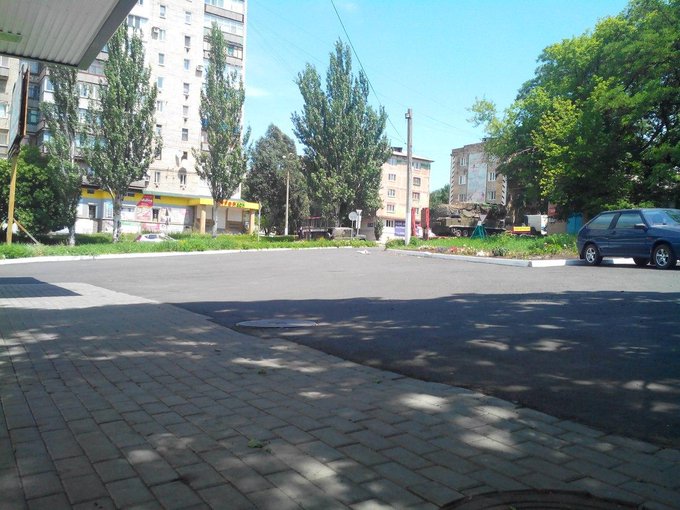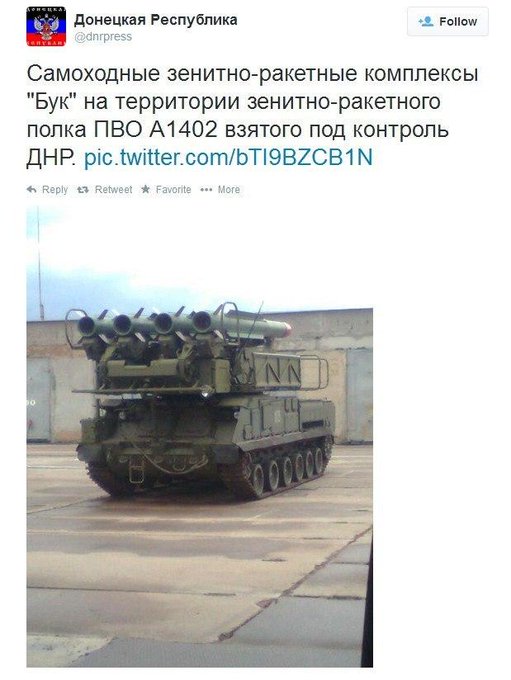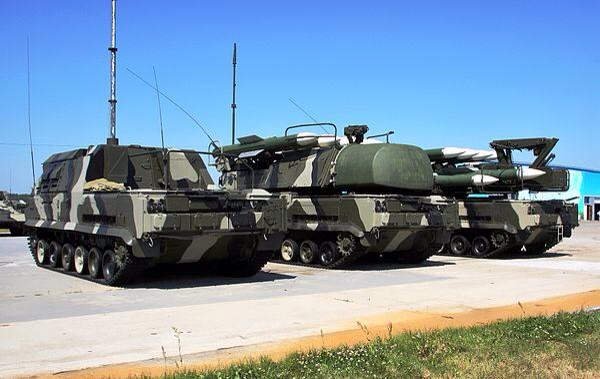The civilian airliner was destroyed with a ground-to-air missile of Russian provenance, fired either by Russia-backed separatists or by the Russian military. Moral and political responsibility for the slaughter must lie, ultimately, with Moscow, even as we investigate the forensic sequence of a commander’s chilling order—“Fire!”—and an underling’s deadly compliance.
Three hundred people, 189 of them Dutch, are dead at the hands of forces who owe their loyalty to Vladimir Putin, Russia’s president, the man who has thrown his weight behind the armed rebellion in Ukraine. He is in every way the separatists’ godfather. The dismemberment of Ukraine is as much his cause as theirs. So any response has to make him hurt, personally; it has to puncture his ego, his pride. And one certain way to hurt him would be to strip from Russia the right to host the 2018 World Cup.
States opposed to Putin’s international lawlessness can (and should) contemplate all manner of economic sanctions against Russia in response to the shooting down of MH17. As it happens, the very day before the plane was felled, the U.S. had restricted access to American capital markets for Rosneft, the Russian oil company, and Gazprombank, the financial arm of gas-goliath Gazprom. Yet while sanctions like these can be painful, they can also make Putin more adamantly resistant to withdrawal from Ukraine. Give the nature of the Russian state and its undemocratic political system, Putin is perfectly equipped to survive a turning of the financial screws. He will, no doubt, portray sanctions as an act of aggression against the people of Russia. So punishing Putin, not the people of Russia, should be our primary aim.
Hosting the World Cup is the weapon Putin uses to prove to his people that he is all-powerful, that there is no point in opposing him.
How does one punish the autocratic, omnipotent president of a quasi-superpower? It is much harder to do so than to spank the piddling ruler of a smallish rogue state, but options exist. Putin believes that a World Cup in Russia can be sold to his people as an endorsement of his rule. Why should the world become an accomplice in a dictator’s Ponzi scheme of pride? As he preened for the cameras at the World Cup final in Rio de Janeiro on July 13, it was clear that Putin regards Russia’s staging of the cup’s next edition as a propaganda godsend, a global vote for his achievements. Imagine his consternation if he were prevented from putting on such a show.
Putin preys on the fact that the West thinks money and sport are neutral, or at least civilizing influences. So when Russian money comes to Wall Street or the City of London, it stops being political for the West; it is also a peculiarly Western conceit that the gathering together for sport has a civilizing effect on the nations participating. But for Putin, money and sport are tools, or weapons. Hosting the World Cup is the weapon he uses to prove to his people that he is all-powerful, that there is no point in opposing him. In letting him host that cup, we all become part of that weapon.
The cup is four years away, perfect time for FIFA, the governing body of world soccer, to undo formal agreements with Moscow while giving another host every opportunity to provide for the entire infrastructure. Stadiums take up to two years to build; airports need to be upgraded; a range of hotels must be secured, as must the capacity for domestic rail and road transportation to cope with an influx of hundreds of thousands of fans.
As sponsorship contacts are being scripted and haggled over, a passionate drive is in place by pro-Ukraine opponents of Putin to organize a boycottof companies that will sponsor a World Cup in Russia. How long before those companies, which include Anheuser Busch, Visa, Kia Motors, and Sony, start to press FIFA for a change of host?
The World Cup is quite unlike the Olympics, where every nation has a right to participate. Qualification is exacting, and a majority of the teams that do qualify are from the West. The Asian powerhouses are Japan and South Korea, and the West African nations who tend to comprise Africa’s contribution to the roster are not beholden to Putin. Mustering a coalition of disapproval for the World Cup should be much easier than it would be for an Olympiad.
In all of this lies the chance, also, for FIFA to redeem itself. Under Sepp Blatter, its interminable head, the body has been opaque and corrupt. Now is the moment for FIFA and Blatter to take a rare moral stand and not act as obstacles to the revocation of Russia’s hosting rights.
Who should host the Cup instead? May I propose the Dutch, who were among the original bidders for 2018. Unlike Russia, their country is a world soccer power, with an open, democratic society, a civic exemplar. And after the downing of MH17, in which so many of its innocent citizens were killed by men loyal to Putin, a World Cup in The Netherlands would be cosmic justice.



